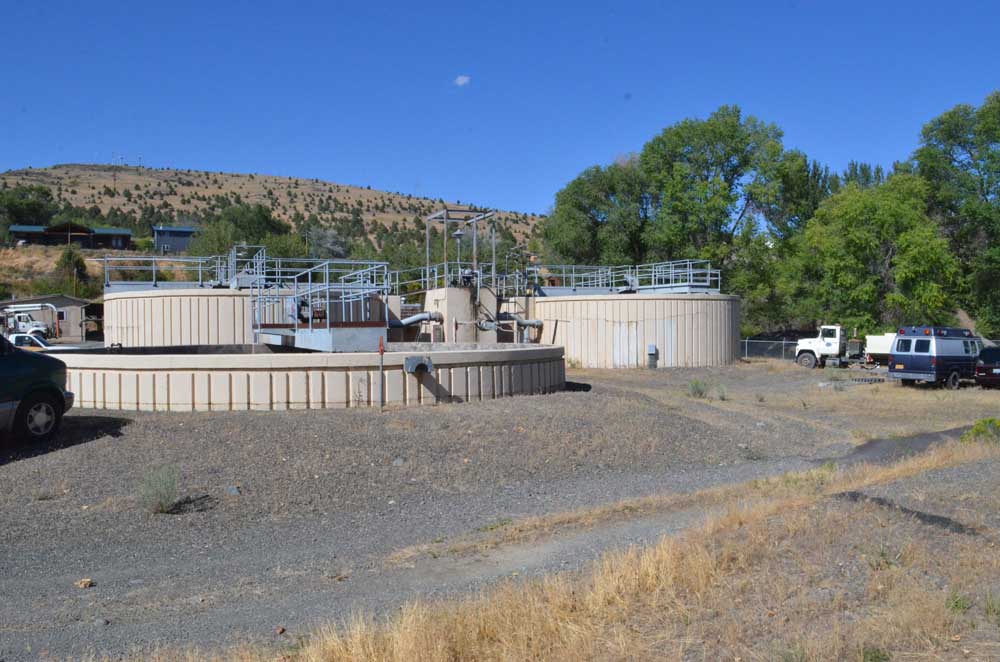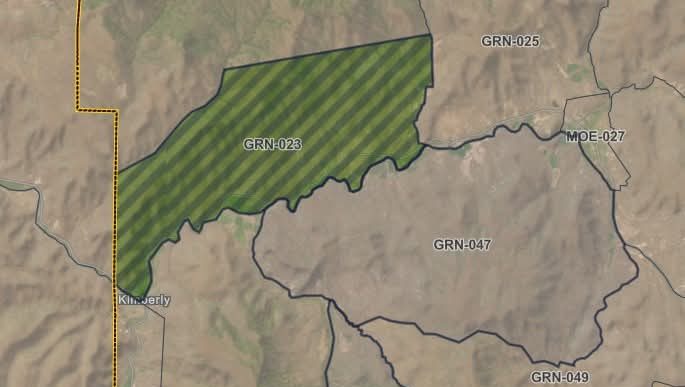City wants to get your minds in the gutters
Published 5:00 pm Monday, March 17, 2014
COOS BAY — The city of Coos Bay knows that its infrastructure is failing and needs to be fixed, but just how to pay for those fixes remains the unanswered question. It is one that city officials are hoping the residents of Coos Bay will more urgently start to consider.
Trending
The city’s March newsletter included an impassioned plea from Mayor Crystal Shoji. It is expected to be the first of many.
“The city is focusing on two issues, and has been for some time, infrastructure in the city, which is basically streets, and the second one is the wastewater plant,” Shoji said, as she stood in the shade of City Hall one day last week. “We are under orders from the state and federal government to get our wastewater plants upgraded.”
The city says the plants need to be able to handle increased wastewater flow and meet new environmental regulatory requirements.
Trending
Those orders do not come cheap. Estimates of the various projects from three years ago placed the total somewhere north of $75 million, but now the price tag is looking like it will exceed $80 million.
The good news is that it doesn’t have to, and really can’t, be all completed in one fell swoop. The bad news is that there are a series of deadlines along the way, and each of them will be costly to achieve.
During a recent tour of Wastewater Treatment Plant One, on Ivy Street in Coos Bay, an engineering technician with the city of Coos Bay talked about some of those tasks facing the city.
Jessica Spann said the biggest part of the upgrade project will be the total replacement of Plant Two, on Cape Arago Highway, which is going to run north of $20 million dollars for just that one single part of the project.
Two new pump stations have just recently been completed, she said, but the new pump stations Four, at Blossom Gulch; and Five, at Woodland Drive and Ocean Boulevard, are just the start. She says the upkeep and repairs are really on ongoing thing for both plants and all 26 pump stations.
“Every single one needs maintenance,” Spann said. “All of the old ones need new parts and pieces.”
Those are parts and pieces that preferably should be taken care of sooner rather than later, according to Richard Brown. Brown is an operator at Plant One for CH2M Hill, the company that runs the treatment plants for the city. He says if you don’t replace parts when you see them starting to show signs of wear-and-tear things can get messy.
“When they go out, they go out late at night in a rain storm,” he said, “and repairs take time. It can take weeks to just get the replacement parts.”
Again, all of these things, from the new plants to new or repaired pump stations, to replacement of old and failing underground pipes, will need to be addressed in the coming years.
Coos Bay has received a grant for $750,000, but Shoji says that will cover less than one-percent of the improvements that are needed. The city has been gradually raising rates, building up reserves, but it’s just a drop in the bucket. “The big issue here is funding,” says Mayor Shoji. “For something like this, a city has to borrow. We are talking about millions of dollars, which is common. “Our city charter right now is what needs attention because it doesn’t necessarily allow certain kinds of funding to be done in an easy way. So we need to inform the voters in Coos Bay about what the city charter says, and that is kind of our first step. Can we change the charter so that we have the availability of going after more funding options?”
Shoji says Oregon’s Measure 5, narrowly passed by voters in 1990, is hampering the ability cities have to pay for these types of services. The property tax compression measure limits the amount of taxes collected from residents so tightly, she says, that there is not enough raised to even cover the cost of police and fire protection, “let alone maintain infrastructure such as streets and sewers.”
Voters would have to approve any changes to the city’s charter, however, and that is something that likely won’t happen until the fall elections, at the earliest.
Until then, expect Shoji and other city officials to continue the effort to educate the voters and the residents of surrounding districts. She says Charleston and Bunker Hill purchase through Coos Bay and will need to contribute to the upgrade.
It is a problem that won’t go away, and it likely won’t get any cheaper as time goes by. Worst-case scenarios of doing nothing include possible city-wide moratoriums on new wastewater hookups, for both business and residential, or just having the state come in and do the work and sending the city the bill.
“(Citizens of Coos Bay) need to understand where we are headed with this and why we are headed there,” Shoji said. “Also, that this is going to cost money, and that all of those who are in partnership with Coos Bay are going to be part of the process; which includes the districts of Charleston and Bunker Hill.”









